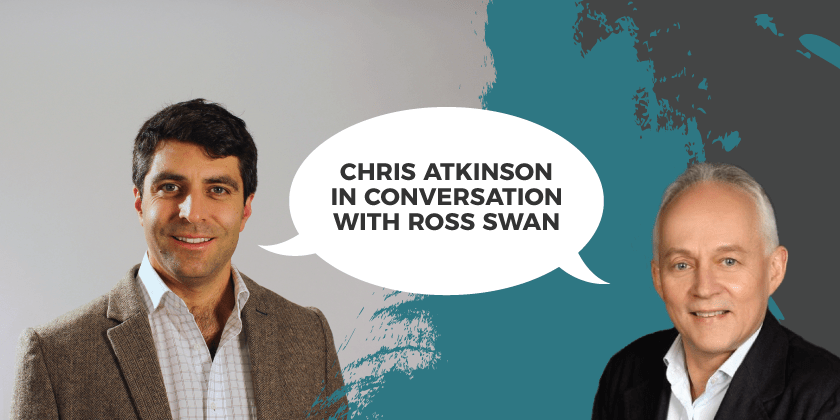Business is more than money

Business is more than money
In this podcast – Ross Swan talks with UK MD Chris Atkinson about leadership. Listen here:
Moral leadership is an emerging conversation in leadership. It ties up with conscious leadership. Which is around how self-aware are leaders? In other words, to what extent do leaders consider their motivations, their interests, their serving, their own biases, their own strengths and weaknesses and act in a more conscious way. The morality part comes from knowing that organisations prioritise the commercial aspect and yet leaders are expected to be guardians of good, ethical and sustainable decisions. Is it possible to balance these two forces?
On one hand, as a leader, there’s a responsibility to others by grooming them and developing them and most leaders get on board with this quite quickly. On the other hand there is the financial performance delivery that is expected from the leader. The consequences of these are quite significantly different. The former is within certain parameters of being seen to be a better or worse leader and it impacts only the leader individually. Whereas the latter impacts the individual’s capability and career. It’s much more visceral and it results in behaviour, from leaders, that ranges from being productive to extremely harmful.
The people side of leadership has softer consequences whereas the performance consequences are much more intense.
This is what makes moral leadership a bit tough.
If we take a look at some of the corporate shenanigan’s that are being highlighted, we can trace it back to the simple fact of people being under pressure, trying to deliver what is expected and not being the one left holding the can. That’s where the morality part, as a leader, kicks in to actually lead and say unethical behaviour is not encouraged or supported.
The question then becomes where does moral leadership fit in?
In some way’s organizations have to take responsibility for including a moral imperative in the way they act, they incentivise, and they discuss. What that does is that as a leader if I face this pressure the moral responsibility by the organisation tells me that it has me covered and empowers the leader to do what is right.
Business is more than money. Yet on the flip side it’s the money that shows how strong the commitment from a corporation is to morality.
How does one help leaders to prioritise morality?
It starts with having an extremely high level of trust and openness in a group for truth to be on the table. To get to morality there needs to prevail security and confidence in order to talk about it. To do that it’s necessary to balance the personal development conversation with the commercial conversations and create a unified conversation that includes the commercial pressures.
A fair amount of balance and facilitation skill in creating and guiding these conversations is required. Simply because the discussion has significant impact on the future of any organisation.
Article original appeared on Soul Inspired Leadership here:




